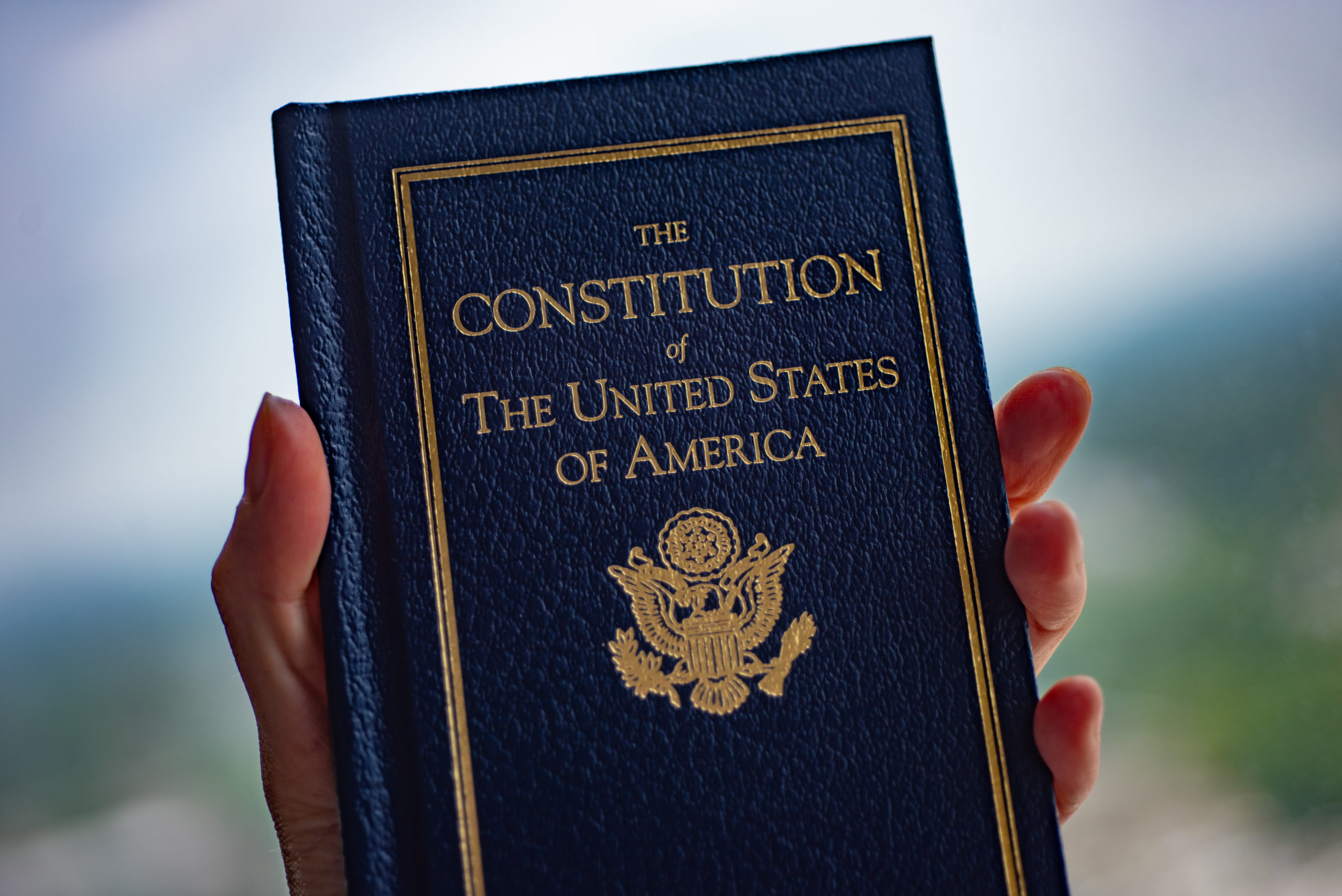
NATIONAL LAW JOUNRAL
'An Attempt to Undermine
the Constitution'
June 28, 2021
Dec 15, 2022
Photo Credit: Evgenia Parajanian
The sanctity of the obligation to defend the Constitution—indeed the entire legal system—depends on lawyers adhering to the oath they took. When that oath is ignored, the bulwark against tyranny disintegrates.
By John T. Montgomery & Lauren Stiller Rikleen
Reprinted with permission from the December 15, 2022 edition of The National Law Journal © 2022 ALM Media Properties, LLC. All rights reserved.
In a critical example of growing accountability for lawyers instrumental in the effort to overthrow the 2020 election, Rudolph Giuliani spent days participating in a hearing, where actual evidence will be required if he wants to maintain his license to practice law.
But we start with the basics. In our democracy, accountability is at the core of the legal system—the principle that we are all responsible before the law. Lawyers have a special role to play in supporting and protecting that legal system, and there are ethical rules and standards that hold them to account if they stray from their obligations. These basic rules help separate democracies from more autocratic forms of government.
The sanctity of that obligation—indeed the entire legal system—depends on lawyers adhering to the oath they took to defend the Constitution. When that oath is ignored, the bulwark against tyranny disintegrates.
That is the stark backdrop behind efforts to hold certain lawyers for former president Trump responsible for their role in seeking to overturn the 2020 election and the damage that resulted from violating their oath. And for Rudy Giuliani, an important step on that road to professional accountability is finally under way in multiple jurisdictions.
In January 2021, Lawyers Defending American Democracy—along with more than 7000 signatories, including a bipartisan group of prominent lawyers, former judges, and law enforcement officials—filed a comprehensive complaint before the New York State Bar’s Attorney Grievance Committee against Giuliani. The complaint detailed the ways in which Giuliani made false statements to courts, to lawmakers, and to the public in representing former president Trump’s failed effort to overturn the 2020 election.
Six months later, Giuliani’s license to practice law was suspended in New York. In a scathing opinion that detailed how Giuliani had advanced the untrue narrative of a stolen election, the court concluded that false statements made by attorneys to undermine confidence in elections is corrosive to the public’s trust in elections, causing damage to “the proper functioning of a free society.”
Weeks later, D.C. similarly followed suit under its own rule that bars a lawyer who has been suspended in another jurisdiction from practicing there. The District of Columbia then issued a formal complaint focusing solely on Giuliani’s representation of the Trump campaign in a Pennsylvania federal court in which he falsely claimed that there was election fraud in the Commonwealth without any factual support. In dismissing Giuliani’s specious litigation, both the District Court and the Court of Appeals expressed astonishment at the lack of evidence presented by Giuliani as well as his brazen legal theory proposing to throw out 1.5 million votes.
At last week’s multiday hearing, the DC Disciplinary Counsel opened by aptly describing how Giuliani had “weaponized his law license … in an attempt to undermine the Constitution … he took an oath to support.” In response, testifying over two days, Giuliani adopted the Trumpian strategy of repeating his false narrative, insisting that he had voluminous affidavits and other evidence available in 2020, and then claiming that evidence had somehow been lost. It appears that the attorney facing the loss of his law license did not appreciate that the best time to submit such evidence would have been at the actual court appearance in November 2020.
And just today, the DC Hearing Officers made an initial finding that Giuliani indeed had brought a frivolous lawsuit in Pennsylvania in an effort to overturn the election result, and that he had engaged in conduct prejudicial to the administration of justice in violation of his ethical obligations. The Hearing Officers will next hold additional proceedings to settle on a recommendation to the DC Board of Professional Responsibility on any sanctions, including disbarment, which should be imposed.
In a hot mic moment as the hearings moved into a break, Giuliani noticed, and commented to his lawyer with some embarrassment, that he inadvertently put on two wristwatches that day. In that awkward moment, it was hard to ignore the symbolism of seeing Giuliani —once credited with being America’s mayor following the 9/11 attacks—caught looking at his over-decorated wrist, perhaps wishing he
could turn back time.
John T. Montgomery is a board member of Lawyers Defending American Democracy and former managing partner of Ropes & Gray.
Lauren Stiller Rikleen is a board member and executive director of Lawyers Defending American Democracy and the editor of the upcoming book, “Her Honor—Stories of Challenge and Triumph from Women Judges.
Stay Informed —
Be the first to know about LDAD news by following us on LinkedIn or signing up for our newsletter.
featured press


All Rights Reserved. © 2025